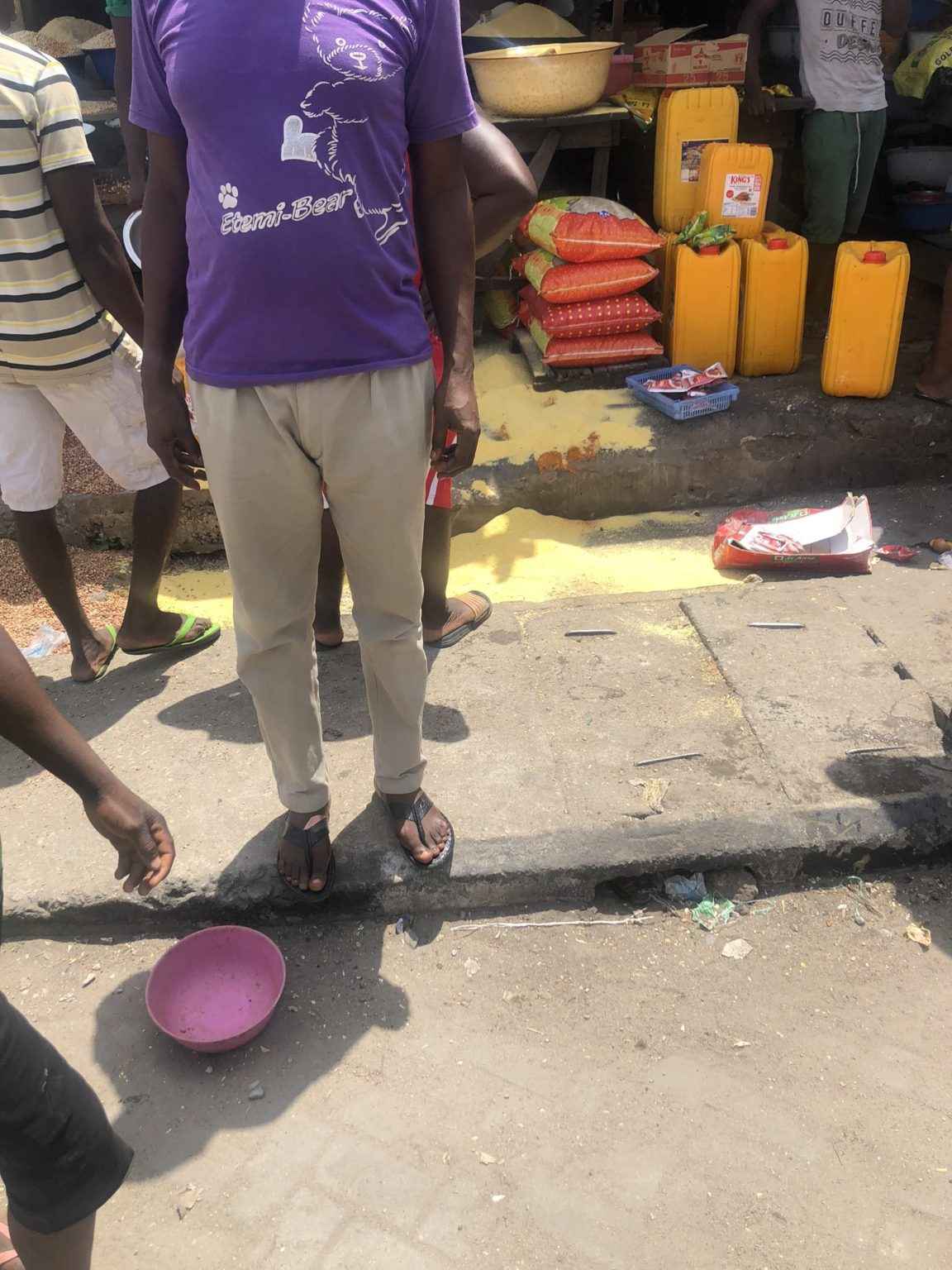

Government goods - The material costs for the government buildings.For example, government administrations and ports. Government wages - The salary cost of employing pops in government buildings.Diplomatic pacts - Income payed either subjects, another country bankrolling the country or war reparations paid.Tariffs - Tariffs are a tax put on profits made from goods being exported from the player's market.Tends to be a very progressive form of taxation, as usually only well-to-do pops have ownership of buildings. Dividend taxes - A tax that is applied to dividends paid to pops with an ownership stake in a building.Levying consumption taxes costs authority. Consumption taxes - A tax that is levied directly on a specific good that is consumed by pops.Land taxes - A special type of poll taxes that are only collected on certain types of pops, such as peasants.Poll taxes are very regressive since they collect the same amount regardless of income. Poll taxes - A form of per-capita taxation where a fixed sum of money is collected on each member of the workforce.Income taxes - A form of taxation collected on income, where a certain % of the wages paid to workers in buildings is paid to the government.Minting provides all countries with some income but is in itself insufficient for funding anything but the most minimalist of governments. Additionally Gold Mines and Gold fields increase minting of the country. Minting - All countries can generate some cash flow by printing or casting new currency in relation to their GDP.What types of income streams are available depends on the laws, especially taxation law and trade law. For example, the player may chose to squeeze more taxes out of its population at the cost of reduced legitimacy and increased radicalization. Some of which (taxes and salaries, specifically) also have a "level" setting for the player to pick. There are many forms of income and expenditures. If a country ceases to exist, by being annexed or otherwise, any debt/gold reserve will simply disappear. It's possible to simply declare bankruptcy, but because the money being borrowed is actually the cash reserves of the country's buildings, this will have immensely negative consequences on the domestic industry. This is a terrible state to be in and can only be recovered from if the player managed to slash the country's expenses enough to put the weekly expenses back in the black (or if another country steps in and takes on the player's debt, which can have its own undesirable outcomes). If the principal exceeds the credit limit (aka debt ceiling) then the country will go into default. The total size of loans the treasury has accrued, not including the interest on them, is called the principal. This can happen mainly because the increase in revenue from minting and taxation may end up exceeding the interest payments, not to mention the benefits from constructing new industries can have for the population. Although the player is required to pay interest on their loans, with interest rates being relatively low (and as long as the credit limit is being avoided), growing the economy through deficit spending can be a valid strategy. While this may sound like something that should be avoided at all costs, that isn't necessarily true. The interest rate of a country is determined by technology, rank and recognition status.
#Victoria 2 stockpile destroys goods plus#
That debt is a domestic loan which is taken against the national credit - the sum of all domestic cash reserves in the country (which in itself is a percentage of a all the buildings positive weekly balance) plus a base value determined by gross domestic product.Įach pound of debt costs a weekly interest expense. If the gold reserve has been tapped then each pound spent in excess of the country's income will result in automatically taking on debt. Hence, a country that finds its gold reserves filling up may want to consider finding a way to reinvest some of that money to avoid such wastage. For example, if a country has an enormous stockpile of gold, a surplus of £10k may only increase the stockpile by as little as £2k, meaning that the rest of the money has been wasted. Gold reserve limit Įach country has a gold reserve Limit, which is a "soft-cap" of 20% of its annual GDP, over which each surplus pound has diminishing returns on the gold reserve. Similarly, if the expenses exceed the income, then money is taken out of the gold reserve to balance the books. If there is no debt then any money that is left over in the weekly budget after expenses are subtracted is used to increase the gold reserve. The gold reserve is the country's national stockpile of cash.


4.1 Contributing to the investment pool.


 0 kommentar(er)
0 kommentar(er)
